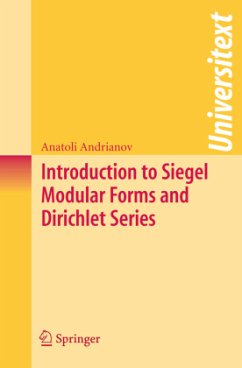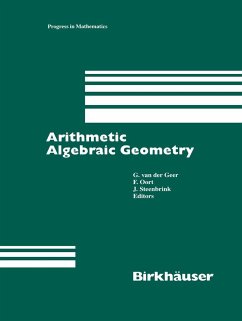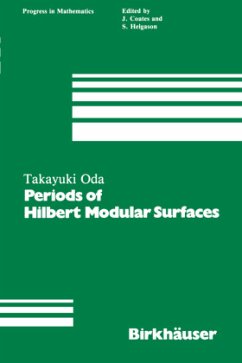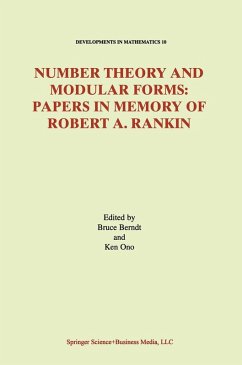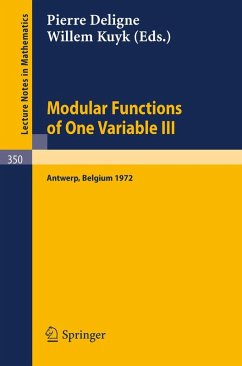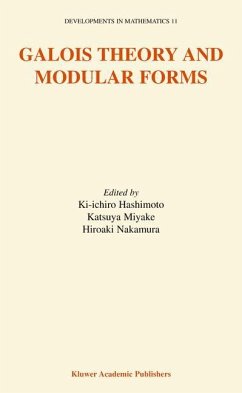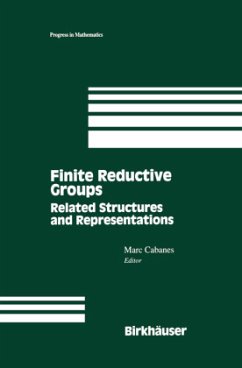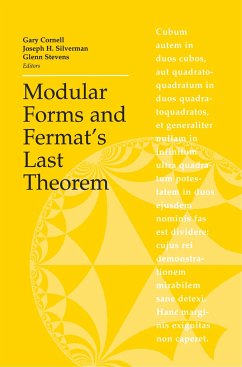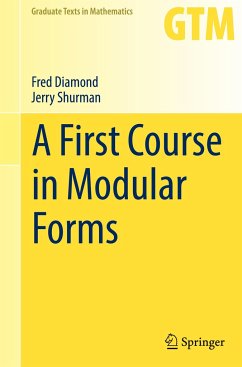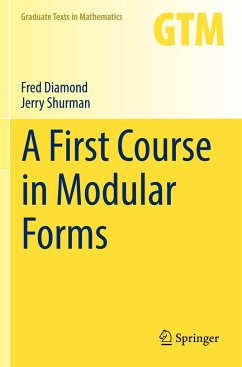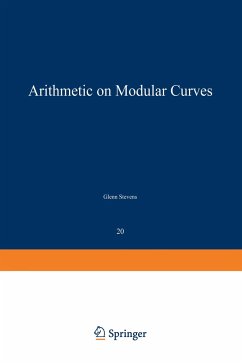
Arithmetic on Modular Curves

PAYBACK Punkte
20 °P sammeln!
One of the most intriguing problems of modern number theory is to relate the arithmetic of abelian varieties to the special values of associated L-functions. A very precise conjecture has been formulated for elliptic curves by Birc~ and Swinnerton-Dyer and generalized to abelian varieties by Tate. The numerical evidence is quite encouraging. A weakened form of the conjectures has been verified for CM elliptic curves by Coates and Wiles, and recently strengthened by K. Rubin. But a general proof of the conjectures seems still to be a long way off. A few years ago, B. Mazur [26] proved a weak an...
One of the most intriguing problems of modern number theory is to relate the arithmetic of abelian varieties to the special values of associated L-functions. A very precise conjecture has been formulated for elliptic curves by Birc~ and Swinnerton-Dyer and generalized to abelian varieties by Tate. The numerical evidence is quite encouraging. A weakened form of the conjectures has been verified for CM elliptic curves by Coates and Wiles, and recently strengthened by K. Rubin. But a general proof of the conjectures seems still to be a long way off. A few years ago, B. Mazur [26] proved a weak analog of these c- jectures. Let N be prime, and be a weight two newform for r 0 (N) . For a primitive Dirichlet character X of conductor prime to N, let i f (X) denote the algebraic part of L (f , X, 1) (see below). Mazur showed in [ 26] that the residue class of Af (X) modulo the "Eisenstein" ideal gives information about the arithmetic of Xo (N). There are two aspects to his work: congruence formulae for the values Af(X) , and a descent argument. Mazur's congruence formulae were extended to r 1 (N), N prime, by S. Kamienny and the author [17], and in a paper which will appear shortly, Kamienny has generalized the descent argument to this case.





